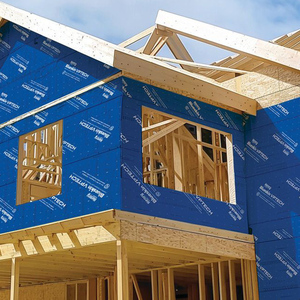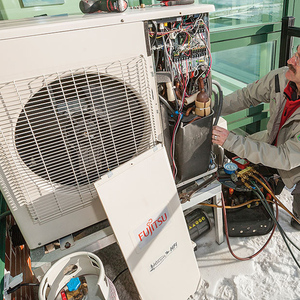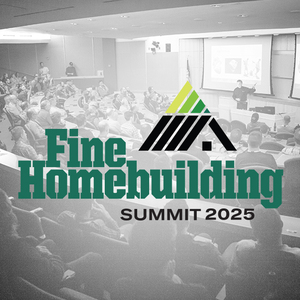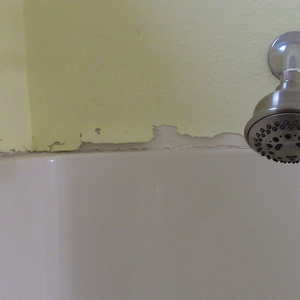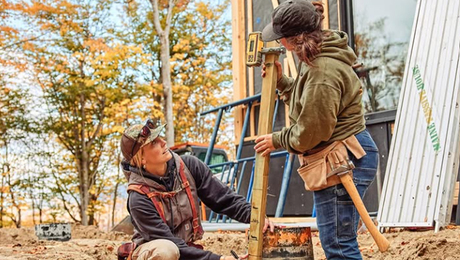Tailgate: Carl Simmons, Inspector
This Charleston, S.C., building official calls on his 30 years of experience to educate builders and homeowners that following codes makes better houses.

The relationship between builders and inspectors can be contentious. How do you work to improve the inspectorbuilder relationship?
The best thing is to take on what has become a new, developing role for building officials: becoming the contractor’s educational program and working with the community. The interface between a building official and the contractor is critical. My department meets every month with the homebuilders’ association. We send out significant code changes at least 90 days before the new code takes effect. We run seminars. We go to expos. It’s keeping builders informed. It’s being consistent so that they know what you expect of them.
We use the same education programs for the general public. You’ve got to keep the public aware of what it takes to have a good contractor and what it takes to have a good experience with a construction project.
How do you respond to builders who say code enforcement is only a means of creating municipal revenue?
In some communities, that’s true. I know of one jurisdiction that actually takes in twice the money it needs to pay for the department. In my department, the fee schedule is based on what it takes to run the department.
As long as the department is paying for itself, the person who’s funding it is not the contractor. It’s the homeowner, who’s getting the benefit of what we’re doing. The big issue is life and safety. It has to do with making buildings last 50 years or 100 years. It’s not for the contractor. Contractors are the conduit for those revenues, but they are paid by the homeowners, because I’m sure that the builders don’t donate the permit fees.
When builders violate codes, is it because they’re cutting corners or because they’re ignorant of what the codes call for?
Neither. A good contractor is not going to cut corners. A jackleg is. They’re the nemesis of the industry, the ones that walk in and don’t get permits and don’t get inspections. Today, contractors are giving more responsibility to the subcontractors, so the code issues become the subs’ problem. It’s a big change in the construction industry and why I think building officials need to get more involved in education programs.
The ones who need to have the code knowledge are the subtrades: the plumbers, the electricians, the HVAC people, the fuel-gas people, the stonemasons, and on and on. The tradespeople, the people who make the building come together, do more—and in our case, they are contacting me on a constant basis.
How would you streamline the code-adoption process?
I wouldn’t. We have a national code now, and I think that’s good, no question about it. That creates the need to have a very large basis of consensus to change the code; you need to tie in the entire country.
I would suggest that we have code-change meetings regionally as they originally were. It would get a lot more involvement. I think that could improve the system, but I don’t think speeding up the process is the answer. I think really it ought to be slowed down.
What code change would you most like to see implemented?
If there’s one thing I’d like to change, it would be the process of accepting new products, and the amount of testing and restrictions that should be put on them. Because it’s new and it’s cheap doesn’t mean that it’s good. The people who do the testing are engineers in most cases. They do not know how this new technology goes in the buildings and what can happen in real-life situations.
Natural disasters have dominated the news recently. What role can code play in mitigating their effects?
Mitigation should happen in advance of a disaster. After a disaster occurs, the only thing you have is the pressure of a decision-making process that says, “I want it done yesterday and I don’t care how you do it.” If you don’t have your plans and your systems in place before the disaster, you can’t do anything about it after it happens.
My office runs a program called Project Impact. It’s a community-based outreach program run by county government making sure people are educated and prepared. With the program, we’re in the community teaching about hazards. That’s what we need to be doing.
Illustration: Jacqueline Rogers


